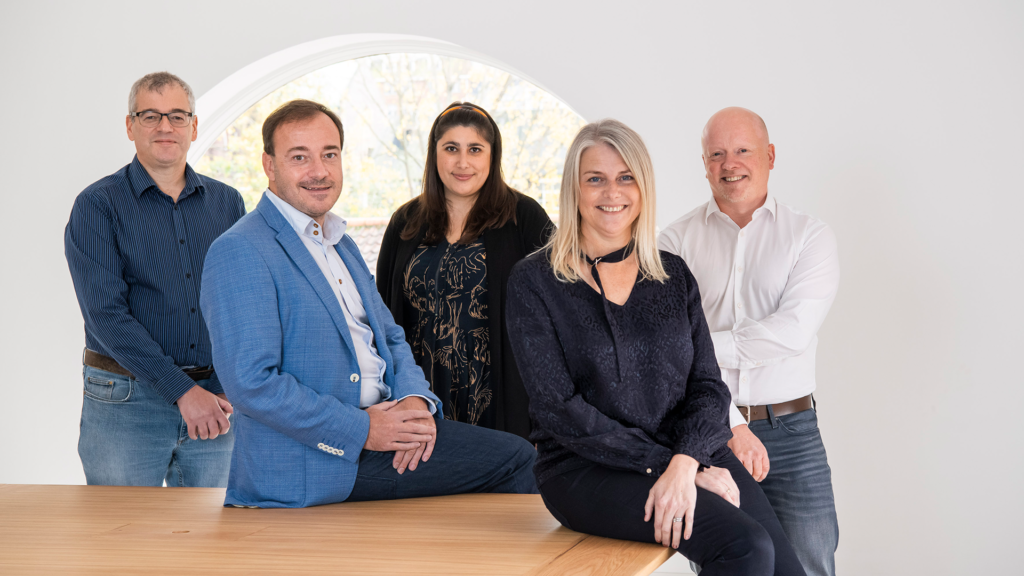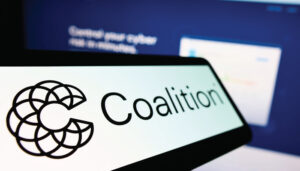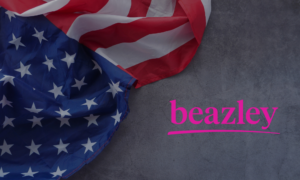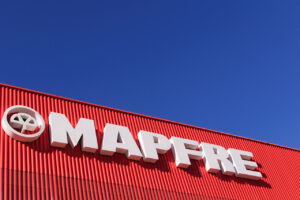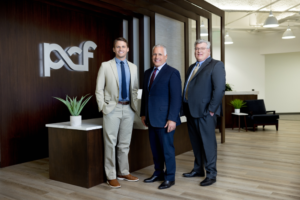ITI: Why is now an exciting time to be a rising insurtech?
Louise: In the same way that the Fintech markets have had an exciting journey over the last few years, the Insurtech market is now at that same juncture. The rise in technology means it is an exciting time for innovation in what is a very old industry, ripe for disruption. There are opportunities to build far more nimble products which are responsive to customer needs using cost efficient technology, which would not have been possible even a decade ago.
ITI: What has been the highlight of your career to date?
Louise: Without a doubt the journey I have been on with Pikl is the highlight of my career. It’s extremely rare to have the opportunity to build a company that’s innovating during a period of such great technological shifts in the market. This is made perfect by the support of such a committed and professional team that I have a Pikl and the fantastic shareholder backing we have been able to achieve.
ITI: If you could meet yourself on the day you started your business, what would you tell yourself?
Louise: Make sure you look after yourself and regularly celebrate your successes. The startup journey is an adrenaline filled roller coaster. There will never be enough hours in the day and you will always be behind where you want to be, but that doesn’t mean you haven’t come really far. That’s part of being a founder – setting those creative goal posts really far out and relentlessly pushing towards them. However,this can be draining and unproductive if you don’t give yourself enough of a break, both rest wise and perception of what you have achieved. So being kind to yourself is really important.
ITI: Name one mistake that you have made, and what you learned from it.
Louise: What I’ve learned is that mistakes are a healthy part of the startup lifecycle. Mistakes can be both things you have done and also things you haven’t done. These can have large consequences on the business and its survival. However, they can also lead to significant innovation, which can take you down an entirely different growth path, sometimes by accident.
The mistake which has cost us the most time was not moving fully into building our own technology at the start. While this made some of our deliveries cheaper and quicker, for others it did not achieve the outcomes we needed and we were reliant on third parties who very often were on different time schedules. However, this experience was not without its benefits because we learned a lot more about what we needed from our technology to help us in our own development. We also came up with some innovative micro-services to get around some of the problems we faced, and this has given us a much better technology stack today, and may give rise to future product potential.
ITI: What problem did you see in the market that led you to create Pikl?
Louise: While I was spending lots of time travelling for my work in 2014/15 I became familiar with the new trend for Airbnb and the sharing economy. I realised that people who shared their property on platforms like Airbnb were not properly insured, and often worse, were breaching the terms of their insurance policy and putting themselves at significant financial risk. The sharing economy has the perfect combination of people wanting to share assets for short time durations, and often assets will be used for multiple purposes i.e. commercial and personal use, and this is facilitated by a digital sharing platform. So it’s a fantastic test bed for usage based and embedded insurances.

